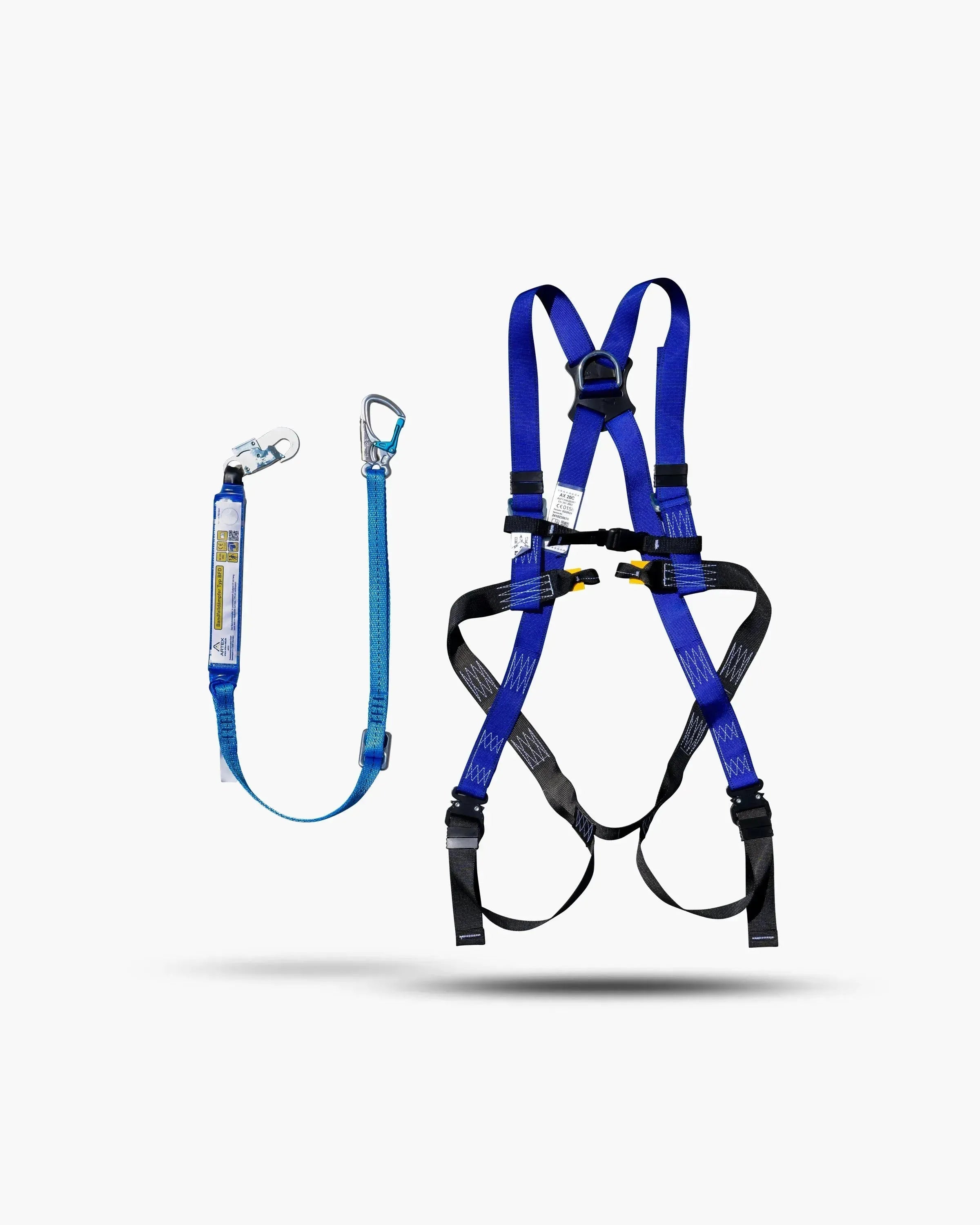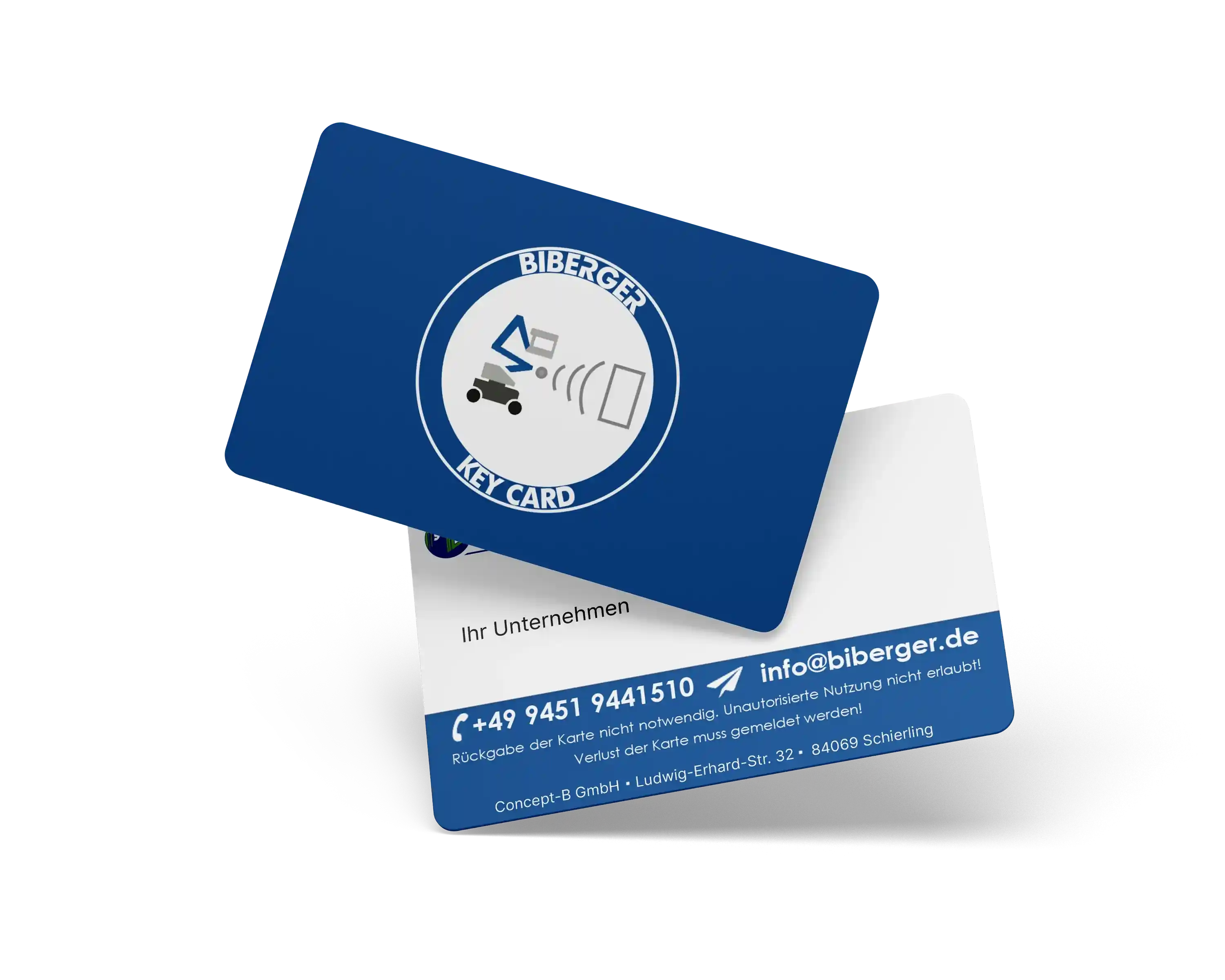Aerial work platforms are versatile helpers on construction sites, in industry and in maintenance. But anyone who wants to operate them also bears a great deal of responsibility. Incorrect operation can result in serious accidents. This is precisely why annual training is so important. It not only refreshes the knowledge gained during initial training, but also teaches the latest safety rules, legal requirements and how to use the machine correctly.
But how does such training actually work? Who has to take part? And why is it equally important for employers and operators? You'll find the answers here - compact, understandable and practical.
Why are training courses for aerial work platforms important?
Imagine you are standing in the work basket of a work platform that you have not used for a year. Do you still know exactly how to operate it? What safety rules apply? That is precisely why there is an annual training course. It ensures that operators stay up to date, recognize dangers early and handle the work equipment safely.
Aerial work platforms are complex machines, and errors in operating them pose the risk of serious accidents - for operators, colleagues and the company. With regular training, such risks are minimized and everyday life becomes safer.
Information on instruction
Legal basis: What does the law prescribe?
No company can avoid annual training - it is required by law. The most important requirements can be found in the Industrial Safety Ordinance, the Occupational Safety Act and the DGUV regulations, in particular in DGUV Regulation 1.
Employers are obliged to provide training to their employees at least once a year and to document it in writing. The content must be individually tailored to the workplace and the risk assessment. The aim: to prevent accidents and maintain safety at the highest level.
Who needs to be instructed?
In short: everyone who works with aerial work platforms. Whether regularly or just occasionally, the obligation to undergo annual training applies to all operators - including temporary workers, new employees or external specialists. Anyone who operates machines without valid training not only risks their health, but also gets the company into legal trouble.
What is included in the annual training?
Good training is practical and concrete. It includes everything that is required for the safe use of aerial work platforms:
- Safety rules: Which regulations must be observed when working?
- Risk assessment: How do I identify risks and avoid them?
- Operating the machine: How are aerial work platforms used correctly?
- Behavior in an emergency: What to do in case of malfunctions or accidents?
The training should also always be adapted to new technical developments and current regulations.
How much does the annual training cost?
The cost of annual training for aerial work platform operators varies depending on the provider and format. For online training, prices often range between €30 and €70 per person, while face-to-face training can cost €100 to €200. The exact cost also depends on the number of participants.
How to minimize risks
Working with a mobile elevating work platform sounds simple, but it can quickly become dangerous if important rules are ignored. For example:
- The work platform must be checked before each use – even minor damage can have fatal consequences.
- Fall protection devices such as harnesses are not an option, but a requirement.
- The surface must be stable to prevent tipping over.
These and other safety measures are important not only for your own health, but also for colleagues and the entire work environment.
Step by step: This is how the instruction works
Step by step: This is how the instruction works
- Theory: A short presentation explains the basics, such as current regulations and typical hazards.
- Practice: Participants practice using the aerial work platform and learn how to avoid typical mistakes.
- Completion: After successful participation, you will receive a certificate which will be documented in writing.
A combination of theory and practice ensures that the content can not only be understood but also applied.
Benefits for operators and companies
Regular instruction brings clear advantages:
For operators
More security, self-confidence and a clear overview of risks.
For companies
Fewer accidents, less downtime and better protection against legal consequences.
In short: training is worthwhile – for everyone involved.
Who is allowed to carry out the annual training on mobile elevating work platforms?
The annual training for aerial work platforms may be carried out by professionally qualified persons. This includes:
- Safety professionals: Occupational safety experts with specific knowledge of aerial work platforms.
- In-house specialists: Employees with sufficient experience and knowledge of work equipment and safety regulations.
- External training providers: Specialized companies or academies that offer training in accordance with DGUV regulations. For example, via our SYSTEM-CARD mobile elevating work platform .
The person conducting the training must have the necessary knowledge of risk assessments, the technical requirements of the aerial work platforms and the applicable regulations.
What happens if instructions are missing?
The consequences can be dramatic. If the required training is not provided, the employer is liable in the event of an accident. Insurance companies such as the statutory accident insurance (BG Bau) could refuse to pay out. There is also the risk of fines and damage to the company's image.
Conclusion: Occupational safety is teamwork
The annual training for operators of aerial work platforms is more than just a tedious duty - it protects lives, minimizes risks and ensures a smooth working day. Whether as a face-to-face event or online: well-organized training courses are a benefit for everyone who works with aerial work platforms.















Share:
Construction site coordination: These are the trades in construction and how they work together
Everything you need to know about telehandlers – driving license, costs, etc.